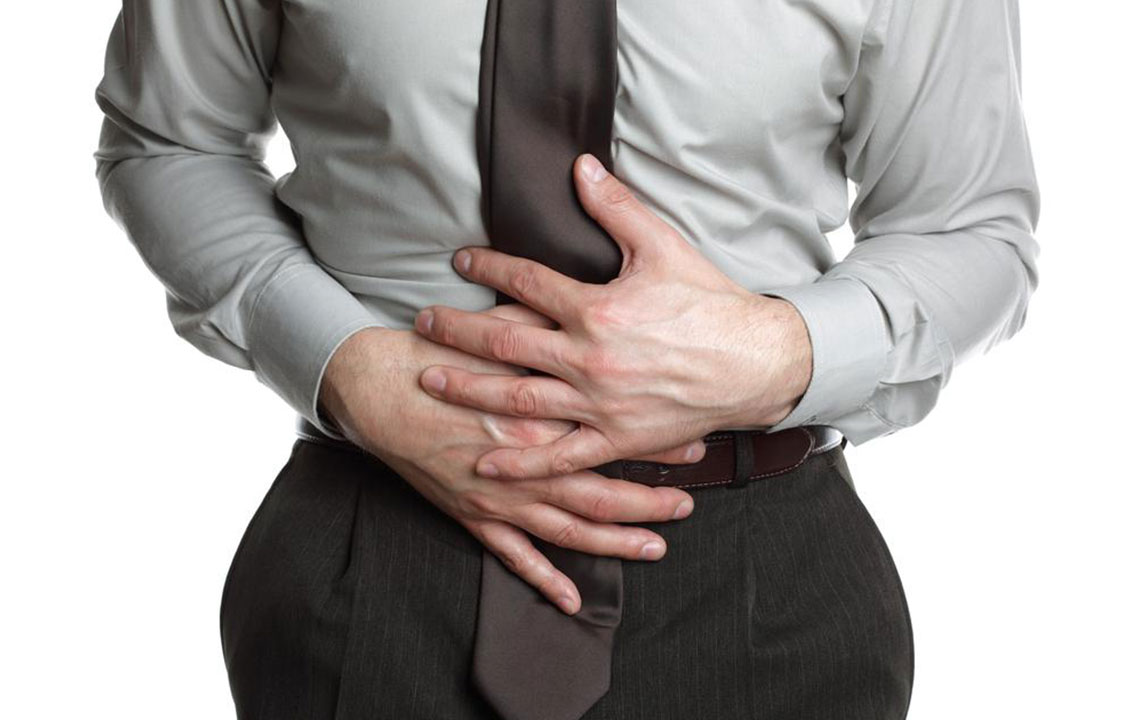External Hemorrhoids: Causes, Symptoms, and Effective Treatments
External hemorrhoids involve swollen veins around the anus, leading to discomfort and pain. Causes include straining during bowel movements, pregnancy, and sitting for long periods. Symptoms such as itching, lumps, and bleeding can be treated with topical ointments, minimally invasive procedures, or surgery. Preventive measures like diet and hydration are effective. Consulting a healthcare professional ensures proper management and relief.

External Hemorrhoids: Causes, Symptoms, and Effective Treatments
External hemorrhoids involve swollen veins around the anus, often leading to pain and discomfort. These enlarged veins can protrude and cause irritation, bleeding, and swelling. Unlike internal hemorrhoids, which develop inside the rectum, external hemorrhoids are visible externally and typically produce more noticeable symptoms.
Causes of External Hemorrhoids
Mainly caused by straining during bowel movements, often due to constipation or diarrhea. Factors like pregnancy or prolonged sitting can increase pressure on anal veins, causing them to swell. These conditions lead to vein dilation and inflammation.
Symptoms to Watch For
Common signs include itching, pain, lumps near the anal opening, bleeding, and swelling. Symptoms vary in intensity based on individual cases.
Treatment Strategies for External Hemorrhoids
Over-the-counter remedies: Topical ointments with numbing agents such as lidocaine or steroid creams are effective for mild cases when used short-term.
Clot removal: If a blood clot forms, a minor incision can remove it, providing quick relief within three days.
Minimally invasive procedures: Techniques like rubber band ligation, injections, or coagulation can reduce hemorrhoid size without anesthesia in moderate cases.
Surgical options: Hemorrhoidectomy removes excess tissue, offering long-term relief. Other procedures, like stapled hemorrhoidectomy or laser treatment, help prevent recurrence.
Prevention Tips
Reduce the risk of external hemorrhoids by avoiding straining, consuming a high-fiber diet, staying well-hydrated, and using stool softeners if necessary. Pregnant women should consult healthcare providers for pressure management. Early treatment and lifestyle adjustments are key to managing or preventing external hemorrhoids effectively.
While common, hemorrhoids are manageable with proper care. Seeking medical advice ensures appropriate treatment and symptom relief.


